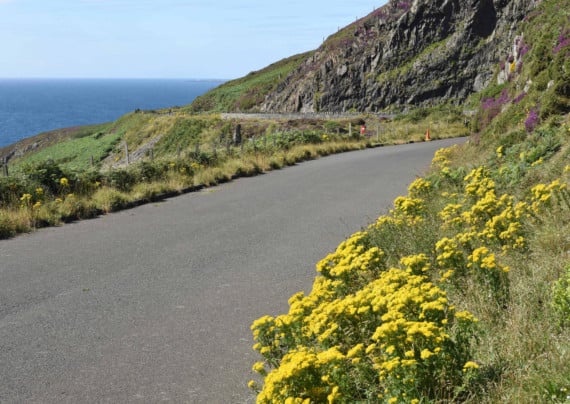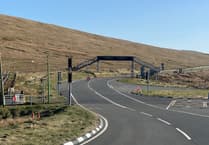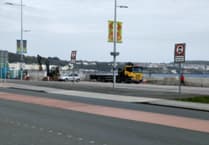A former senior police officer believes wider debate is needed about a potential road closure on Marine Drive.
The Department of Infrastructure is considering shutting off the route to traffic, claiming it would support the government’s active travel plan.
But ex-head of the roads policing unit Derek Flint believes that may be a smokescreen for the real matter of road safety.
He says reckless driving on Marine Drive costs hundreds of thousands of pounds each year, although he argues the issues aren’t solely down to young drivers.
A number of incidents have made the headlines in recent years, when cars have left the road on Marine Drive and the emergency services have been called out.
More than 600 responses are believed to have been submitted as part of the consultation, which suggested permanently closing the road to motor vehicles and encourage more cyclists and pedestrians to use the area.
But Mr Flint has suggested the DOI has been ’disingenuous’ with its reasoning.
He said: ’I think that was a little bit disingenuous in terms of the way the consultation was marketed, because why would it be anything else other than a road safety debate?
’The question they should be asking is ’’how can we actually reduce the likelihood of casualties up there?’’ rather than restricting [the road] to a particular group of users. The active travel thing I think is a little bit of a red herring.’
DoI minister Tim Baker stressed changes will only happen if there is a ’fairly broad level of support’.
Mr Baker added there has been ’some endorsement for the concept but equally there has been some real misgivings as well from others’.
The 2.7 mile road was once an electric tramway but reopened as a road in 1962. It suffered landslides and part of it was shut in 1977, meaning motorists could no longer drive the entire length. Cars can still go to the point where the road is shut while pedestrians and cyclists can travel along the whole route.




.jpeg?width=209&height=140&crop=209:145,smart&quality=75)
Comments
This article has no comments yet. Be the first to leave a comment.